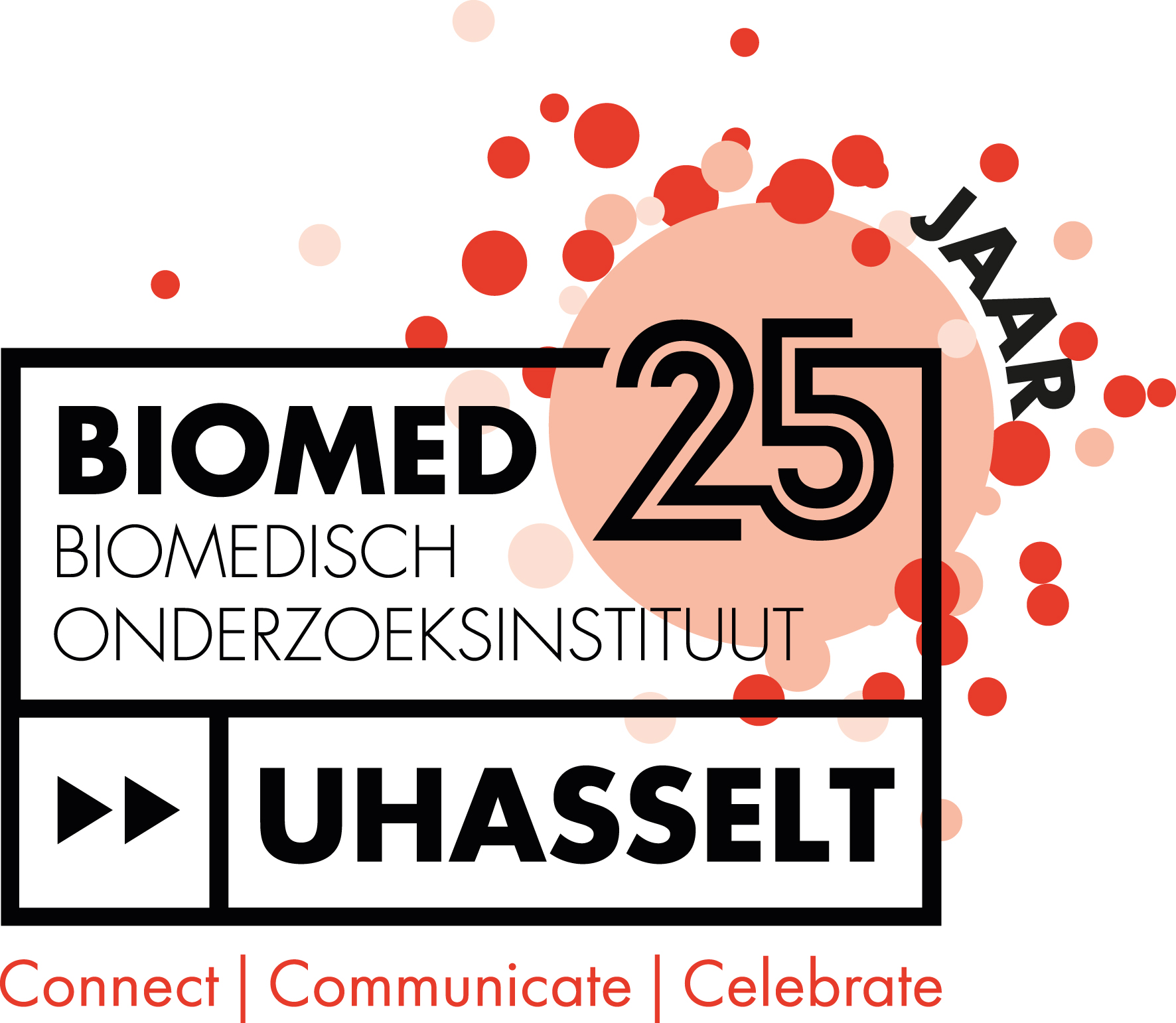BIOMED is 25 jaar en dat wordt op gepaste wijze gevierd!

Mini-symposium: Miniature Minds Revolutionizing the field of Neuroscience
Studying the brain and neurological diseases has been a topic of high interest at the BIOMED research institute ever since its foundation 25 years ago.
The field of neuroscience can only move forward when neuroscientists around the world invest in developing innovative experimental models that better translate what is going on in the human brain. Foundational work of prof Madeleine Lancaster led to the development of human brain organoids, miniature brains-in-a-dish, that mimic all types of brain cells and the structure and function of an actual brain. The fundamental and therapeutic promise of these ‘mini-brains’ is enormous, as these are powerful tools to decipher mechanisms underlying brain development and pathological processes and to screen new candidate drugs.
This mini-symposium focuses on the tremendous application potential of these brain organoids and offers a great opportunity to network with other neuroscience researchers active in this specific field.
Join us together with our honorary doctorate prof. Madeline Lancaster for this mini-symposium and dive into the fascinating world of these miniature minds.

Date: October, 8th 2024
Location: Watt 17 - Koeltorenlaan, 9 3550 Heusden-Zolder
Program
11u30 Lunch (optional)
12u30 Welcome - prof.dr. Niels Hellings
12u35 Modelling Charcot-Marie-Tooth neuropathy in 2D and 3D cell systems - prof.dr. Vincent Timmerman
13u00 Cell migration shapes cortical morphogenesis - prof.dr. Laurent Nguyen
13u25 Short talks - selected abstracts
14u25 Coffee break
14u45 Unraveling the human condition with brain organoids - prof.dr. Madeline Lancaster
15u25 Closing remarks - prof.dr. Annelies Bronckaers and prof.dr. Bert Brône
15u30 End
Participation and lunch are for free, registration is mandatory by September, 20th 2024. A no-show fee of 35 euros will be charged.
Researchers active in the field of organoids are highly encouraged to submit an abstract (via registration link) before September, 3rd 2024. Selected abstract authors will be notified by September, 17th 2024.
More information? kim.pannemans@uhasselt.be
